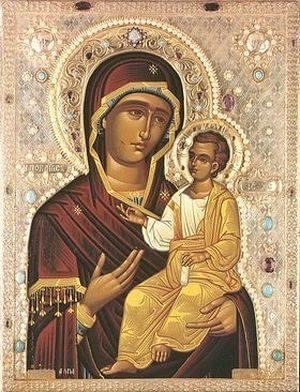Orthodox Music
The common view of Orthodox music tends to be limited in three ways.
- It is time bound. Unconsciously many people assume that the last creative development of Orthodox music was in the so-called Silver Age in the early years of the 20th century, and stopped around the time of the Russian revolution.
- The music that we identify as Orthodox is therefore primarily characterized by the late Romantic musical language of that era.
- We also habitually assume that all sacred music was composed by men, since the composers known to us from that period were virtually all male.
The music we will present breaks through all three of these boundaries. The pieces we will sing are contemporary expressions, composed by women who have found new ways and contemporary musical language in which to express spiritual traditions that have been at the heart of their culture. There is a noticeable simplicity, warmth and lightness to this language that makes it particularly accessible for a contemporary listener.
Through our program notes and remarks during the concert, we will share more context and background about the composers and their musical visions. We hope to bring at least one composer to be with us in person on that weekend, to help make this music come vividly alive for our audience.
Through our music we hope that in a small way we can help our audiences feel a more direct and personal appreciation for a part of the world that has been much in the news but has remained unknown and remote to many of us.
Through our music we hope that in a small way we can help our audiences feel a more direct and personal appreciation for a part of the world that has been much in the news but has remained unknown and remote to many of us.


